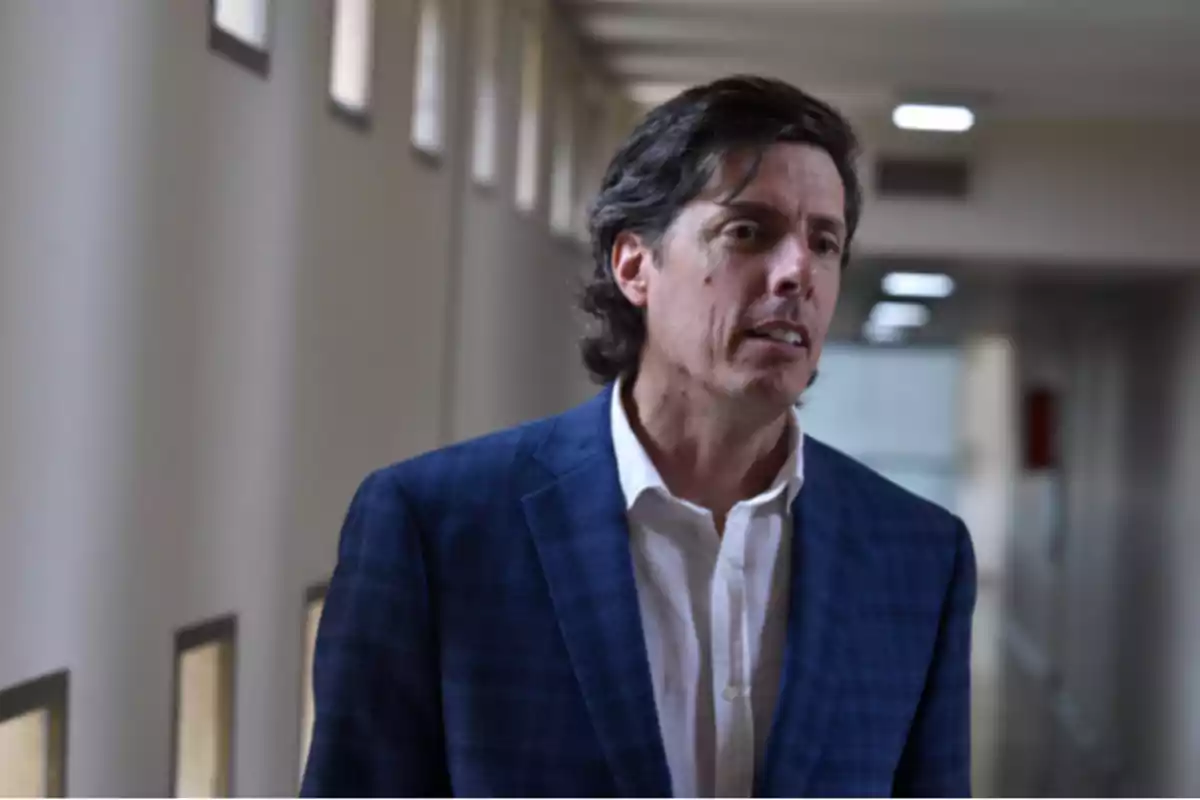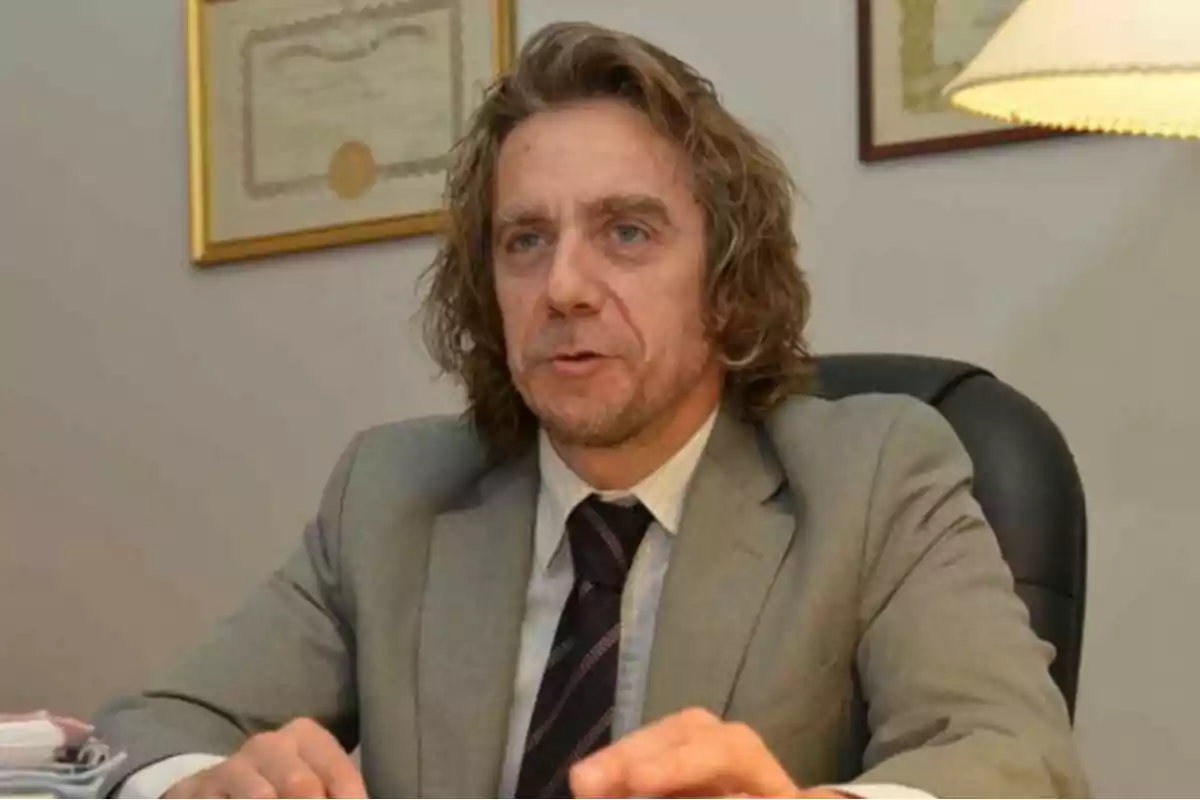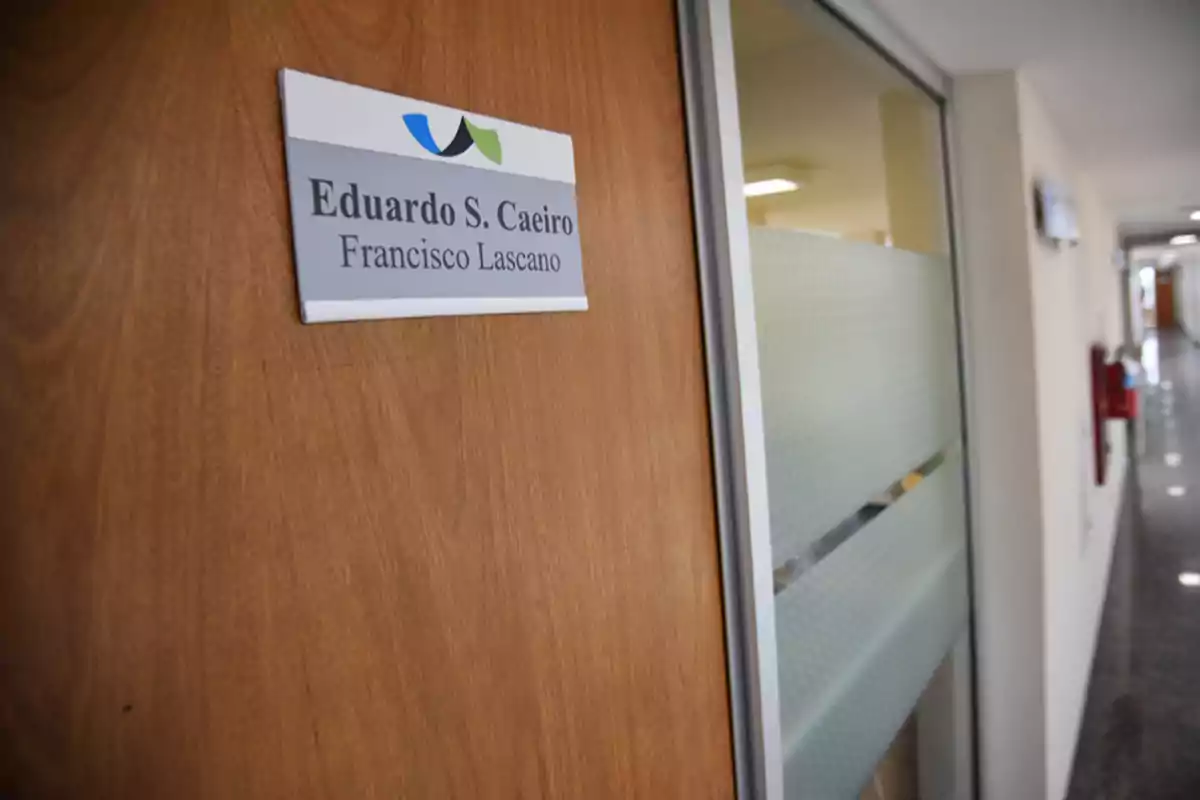
Defender Eduardo Caeiro resigned amid the case over leaks
His departure doesn't halt the criminal case, which will continue with charges of breach of secrecy and alleged assistance in competitions
Caeiro, a 51-year-old public defender, submitted his effective resignation as of last October 1 for personal and family reasons. The resignation was sent in duplicate to the Superior Court of Justice and the Provincial Executive Branch according to the submitted text. Spokespersons for the Superior Court of Justice announced the acceptance of the resignation and indicated that they will soon publish the agreement formalizing the retirement.
Despite his resignation, Caeiro remains charged with breach of confidentiality, accused of leaking exam questions to employees of Court 2. Prosecutor Enrique Gavier initiated the criminal investigation after receiving proceedings, and in December the official's office was searched. At the beginning of April, the prosecutor requested charges, and Judge of Control José Milton Peralta took statements from those involved.
The accusation states that four employees obtained a notably higher score on the written test and are alleged to have received assistance. The Superior Court of Justice annulled that part of the evaluation, and two of the workers, Sonzini Astudillo and Zuliani, requested unpaid leave. The individuals under investigation are Mariana Lorenzatti, Paz María Sonzini Astudillo, Florencia Zuliani, and Ana Martha Ruiz Tamagnini according to the case file.

The three investigations seeking to clarify irregularities
The Superior Court of Justice opened an administrative inquiry on the initiative of its president and ordered the Secretariat of Inquiries to begin proceedings. Secretary Tristán Quiles took statements, incorporated evidence, and closed the case file with a request for an opinion from the attorney general. That administrative process assessed internal responsibilities and paved the way for possible disciplinary sanctions if applicable.
Meanwhile, a jury trial was requested before the legislative body responsible for judging provincial magistrates and officials. That procedure would allow the official to be removed if serious misconduct were proven and due administrative process followed. However, with the resignation, the continuation of the jury trial becomes complicated because the loss of office limits the body's jurisdiction.
The criminal investigation remained active with the intervention of Prosecutor Enrique Gavier and the referral of proceedings from the attorney general's office. Gavier carried out searches, and Judge Peralta charged and proceeded with statements against Caeiro and the four employees. The criminal case is ongoing and is now the main avenue for determining possible civil or criminal responsibilities.

Consequences of the retirement and the procedural path
With the resignation formalized, the administrative and jury avenues are in practice reduced due to the impossibility of applying removal from office.This leaves the criminal process as the only ongoing proceeding in which Caeiro can be investigated and eventually tried. The change would accelerate some procedural steps but doesn't halt proceedings or the possibility of a criminal case against the former official.
The defense submitted motions for annulment and objections for lack of criminal classification regarding the charge before the Court of Appeals. Those appeals must be analyzed by the appellate court before the criminal investigation advances to decisive stages. The attorneys argue that the evidence doesn't constitute the alleged crime and request a technical review of the case file.
The original complaint was filed by the employees' union and raised doubts about transparency in several provincial competitions. Prosecutor Gavier extended the investigation to at least two more competitions to determine whether similar practices occurred in the judiciary. Given the open scenario, judicial sources expect the Court of Appeals to solve the motions and set the procedural roadmap.
More posts: